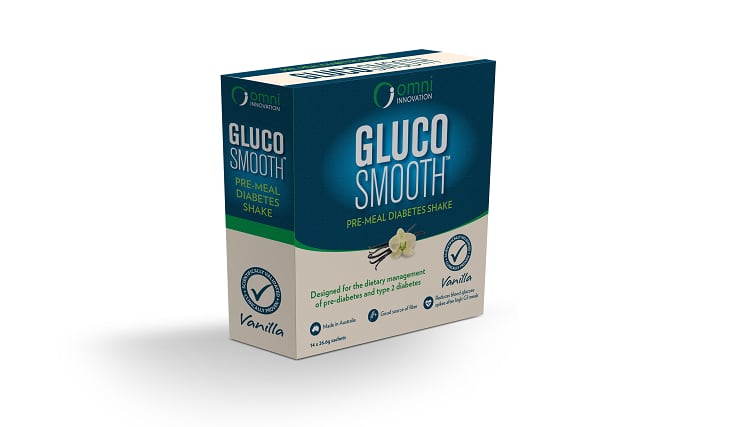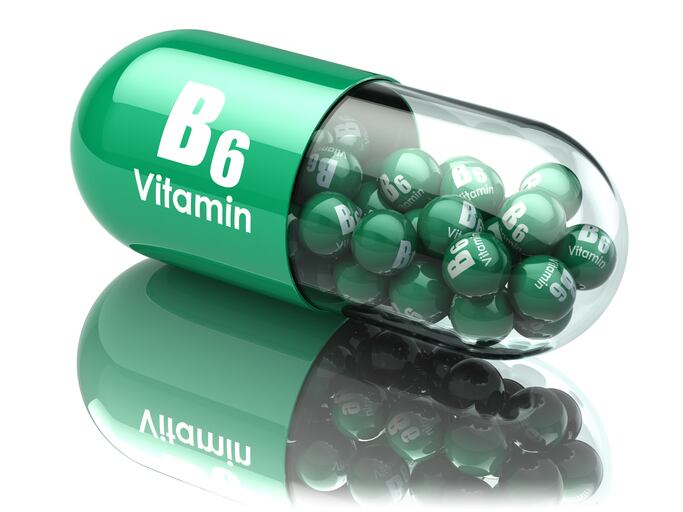The partnership will grant Myopharm a 15-year license for the manufacturing, marketing, and distribution of a pre-meal glycaemic control product developed by Omni Innovation – owned 38% by EVE Investments, a health and nutrition company.
The product, known as Gluco Smooth, has been shown to reduce post-meal glycaemic level in a clinical trial conducted in Australia.
Coming in the form of a powder sachet, the product contains ingredients such as whey protein, other dairy proteins, and guar as the source of soluble fibre.
It is targeted at patients diagnosed with type II diabetes and individuals who have pre-type II diabetes.
The same formulation was previously sold in the Australian market under the product name GlucoControl in 2017.
Back then, the product was licensed to Faulding and was sold in the pharmacy channel, but the company ceased selling the product in 2019.
This time round, the focus is to market the product via prescription from doctors or allied healthcare professionals such as the dietitians and nurses, Rodney Hannington, business development executive at Omni Innovation told NutraIngredients-Asia.
Doing so will enable consumers an opportunity to receive proper education about the product, Hannington explained.
“In the past, it was sold as a self-selection type product with pharmacist’s endorsement.
“For the pre-diabetic and diabetic patients, the role of the pharmacists, allied health and healthcare professionals is very important.
“This launch will have very strong and very efficacious healthcare professional marketing programs to reinforce the benefits of the product,” he said.
He added that the product was more effective when coupled with lifestyle changes.
As such, intervention from healthcare professionals in consumer education will be crucial.
The agreement will also provide Myopharm an exclusive license to distribute the product in mainland China and Europe.
Myopharm's CEO and MD, Karinza Phoenix, added that the product would be launched in Australia this year, followed by China next year.
"We wanted to diversify the company's portfolio and some blockbuster products will target the market with unmet clinical needs.
"The product revenue will help us reinvest back into better technologies in the diabetes and metabolic space," she said, on the decision in adding a nutraceutical product into the company's portfolio.
Clinical evidence
The formulation was shown to significantly reduce peak finger prick glucose and average finger prick glucose over a three-hour period in a RCT.
The trial, conducted by researchers from the University of South Australia and the Baker IDI Heart and Diabetes Institute, involved 24 subjects.
They were either pre-diabetic or had moderately controlled type II diabetes, where the fasting glucose is less than 10 and HbA1c at less than 8.5%, were recruited.
They were given the pre-meal product containing 17g whey protein, 3g lactose, 5g fibre using guar, and 1g flavour material dissolved in 150ml of cold water.
Fifteen mins later, they ate breakfast consisting of two slices of bread, margarine and jam.
The entire study lasted for five consecutive days and blood glucose level was measured by the post-meal finger prick test.
Results showed that the peak finger prick glucose was reduced by 2.1mmol/L at the 45th min, which was a significant change with a p value of less than 0.0001.
Over a three-hour period, average finger prick glucose was reduced by 0.8mmol/L, also a significant change with a p value of 0.0003.
There was no difference in impact seen in those with diabetes or pre-diabetes, in those on medication or not on medication.
“The mechanism of the effect on postprandial glucose would appear to be via slowing gastric emptying from both guar and protein, as well as via protein induced insulin release.
“We have demonstrated that a low-calorie protein/fibre drink acutely lowers glucose by 2mmol/L in people with prediabetes and type II diabetes, and thus could be a potential long-term dietary strategy to reduce the glycaemic impact of high carbohydrate meals,” the researchers said.





